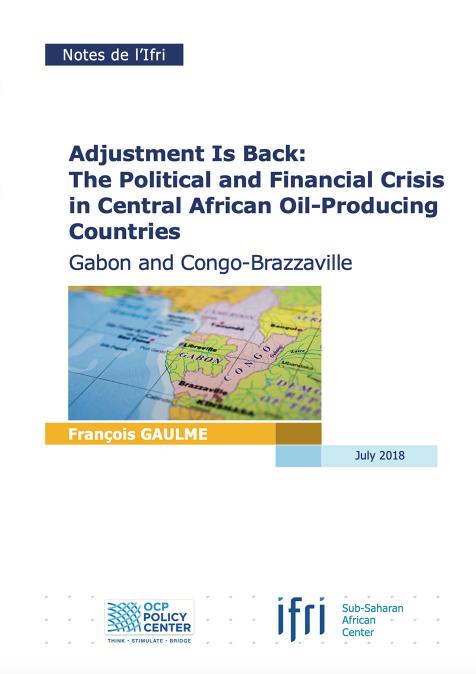Publications /
Opinion
Awad Ibrahim, chairman of the Lybian Organisation of Policies and Strategies (LOPS), one of the few think tanks in this violence-torn country, has escaped to establish contacts with his African colleagues at the African Think Tank Summit held in Rabat from May 9th to 11th. For a few years he was Minister of Electricity and Renewable Energy in his country, and later appointed Deputy Prime minister. At times Awad Ibrahim fears for his life, but he believes a political solution between the two competing power centers in Lybia is still possible, even through elections. When ? He remains silent… No one knows. Dr Awad Ibrahim, educated in electrical engineering, was in his world when he discussed the role of think tanks in advocating for green energy in Africa, a session chaired by Aziz Mekouar, the ambassador to multilateral negotiations of COP 22 and future representative of Morocco in China.
Different backgrounds
Mohammed S. Alsulami, another participant at the Summit, is somehow relaxed when he speaks about his potentially unpleasant situation. He is a Saudi citizen, at times in Rabat dressed in the wonderful white attire and headgear. Any lesser man would possibly sit in combat gear in his office in the Saudi capital Riyadh, at the Institute of Iranian studies. Just imagine : the enemy is not named Israel, not anymore, since the Crown Prince grudgingly accepted Jerusalem as the capital of the Jewish state, and does not question Israel’s right to exist anymore. The enemy is Iran. Donald Trump leaves no doubt. And Mr. Asulami studied in what is seen as the capital of evil, Teheran, even learned Farsi, the language of the land, and is certain that the Iranian secret service is interested in his studies, just as are his own country spies in his office on the 10th floor of the Palm tower.
Zhao Hai has also been on a special mission in Rabat in May to attend the African Think Tanks Summit (ATTS). He is working for the Chinese Academy of Social Sciences (CASS), “a kind of Chinese think tank”, he says. He is not allowed to give interviews and shows reluctance to speak about his life. But he participates eagerly in debates during the numerous sessions.
Donor fatigue
Those three men with different backgrounds united with their African colleagues in a time of crisis and reflexion. A sense of urgency captured some of the sessions, whether it is the attempt to bring the brilliant minds of the diaspora back, or touch the action agenda for a comprehensive security dialogue. In his keynote address, “the think tank sustainability crisis in Africa and its potential impact on think tanks, policy makers and the public”, James G. McGann, Senior Lecturer and Director of the Think Tanks and Civil Societies Program, Lauder Institute, University of Pennsylvania, did project an alarming urgency for the estimated 7500 think tanks worldwide, and in particular the 750 African think tanks, some of them gathered in the Moroccan capital.
”There is donor fatigue,” McGann warned. The money think tanks for now could count on “is shifted to humanitarian crisis areas”. “Think tanks, even in Morocco, are underutilized and underappreciated by government”, he added. And worse, large international institutional funding is ending. ”In other words, donors as US foundations like “Getty” or “Ford” are reluctant to support these institutions.This is the perfect storm,but no one wants to talk about it.”
In addition, fundamental changes are to be expected in the next two to three years, because of the digital revolution and the advances in technology will fundamentally change not only the democratic system, but also the functioning of think tanks. The crisis, states the American professor, can only be averted through the help of a new major financial institution.
Think tanks feel additional pressure, because consulting firms are competing with them, as well as universities and law firms through their own specialists, which are offering policy papers and analytical work. Books, journals and policy briefs, McGann is certain, ”are dead”. “Politicians do not read books anymore, but their telephone. How can we translate academic ideas into practical terms and shorter time frame ?, the keynote speaker asked, and how are we reacting to the next challenge and competitor - artificial intelligence, Google and big data?” No question, the American intellectual is not only predicting a bleak future for think tanks, but also for the democratic system. Aided by tools of technology, as seen with Twitter and Trump, politicians can bypass institutions like the Senat or the House of Representatives, ignore classical communication with the potential voter, and make political parties obsolete.J ames McGann has no doubt: ”Technology has bypassed political institutions, the hallmark of civil society, and democracy is being challenged.”




